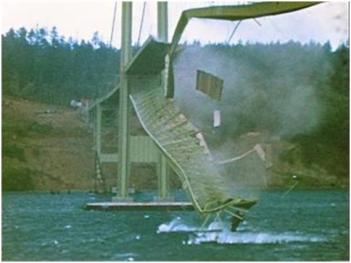 Not this,
Not this,
 but this.
but this.
You write, carefully recording the stories your characters tell you about their lives. You polish and revise and then send your words out into the world, like a mother sending her children off to kindergarten for the first time, hoping that they’ll a) make you proud and b) not embarrass you too much.
Writers can have a bit of a blind spot about their own progeny, as any parent often does about their kids. As writers we know the backstory and the history of the characters whose lives we’re putting on display for the world to see; but the world doesn’t. When a reader picks up a book, they want to become immersed in the world within those pages, to lose themselves in the story. At least I do.
When I read, I want to be able to see the seagulls, smell the breeze coming off the ocean, hear the waves crashing against the breakwater rocks, the taste and crunch of the slightly sandy fried chicken from the picnic basket, as long as the scene is set at the beach, anyway. My point, and I do have one (aside from the one on top of my head), is that we have to make sure that we let the reader know what’s going on.
Wait, isn’t that what we’re doing? I mean, we write, we’re telling stories, aren’t we showing (not telling!) the reader what’s happening?
Yes and no.
You see, I am so guilty of rattling along, getting all the words out, enjoying a clever turn of phrase that I created (William Faulkner knew what he was talking about when he said “Kill all your darlings.”), that I forget that the words on the page don’t necessarily mean that my readers are psychically linked to me and automatically know who this person is when I introduce a character, but forget to name him right away so that he gets mixed up with the next character when I introduce him. Or I don’t describe the scenery, or a change in scenery when someone opens a door into the next room, or goes outside, or gets into an elevator. We, as writers need to use our characters’ senses to show the reader the surroundings and the setting. And we can do so much with that scenery; convey a mood by making an angry character have to shout over the noise of a crowd, or a depressed character listening to the rain coming down. We have that power.
Writing is an amazing thing. This is not my original idea, but it made so much sense when I read it. Someone said that writing was the only way that one person can take an idea out of their own head, put it on a piece of paper (or a computer screen) and give it to someone else to read, and put that idea in their head. How cool is that?
With great power comes great responsibility. That’s not to say that we need to describe every hair on the cat sitting in their lap, or read every road sign along the highway that they’re driving on. The details have to mean something, they should move the plot along by grounding it in the reality you’ve created in your story. Otherwise you’re creating a beautiful, vivid, confusing mishmash of details that don’t mean anything to the character or their story. Who cares what brand of tire is installed on the getaway car of a bank robbery? Unless of course there has been a recall on those tires for steel belt separation at high rates of speed that the criminals don’t know about.
That could be relevant to the story.
Maybe.
Something to think about.
Filed under: Inspiration, Uncategorized, Writing | Tagged: building bridges, description, Inspiration, using the senses, Writing | 1 Comment »





